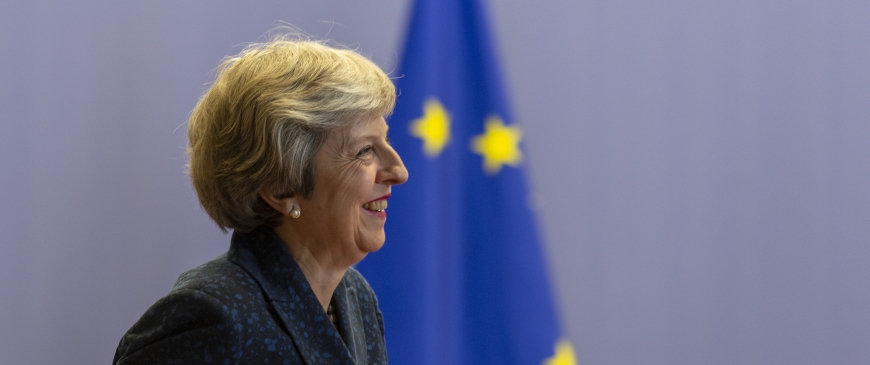
As the practicalities of the border issue are wrestled with, the pressure on the DUP is mounting
It is hard to improve on this analysis by Sam Lowe of the highly regarded Centre for European Reform: "It is no surprise that there is growing frustration. But in all of this there is a crucial point that is underappreciated: May needs Brexit to go to the wire, or at least close. She needs the threat of attributable, actual peril. Only then will she win domestic support for the withdrawal agreement.
It’s easy to forget that the EU and UK are not currently negotiating the depth and scope of their future relationship. They are negotiating the terms of the UK’s withdrawal—the “divorce.” There will be a political declaration, setting out joint aspirations for the future relationship, but neither party will be legally bound to deliver it.
The EU will not back down on its demands for the withdrawal agreement. It will insist that geographical indicators for food products must be protected (trust me on this one), and consensus on governance provisions will be found. The EU is equally unlikely to budge substantively on the Irish backstop, though here there might be some scope for additional riders. I have previously proposed a “backstop to the backstop,” which would see the Northern Ireland-specific protocol supplemented by text allowing for the customs union to be temporarily extended to the whole UK, conditional on post-withdrawal agreement.
Such an idea, or at least similar, is reportedly being considered by both the EU and UK. But if adopted, it will still draw criticism from across the political spectrum.
It is still difficult to see how the withdrawal agreement clears parliament. The Democratic Unionist Party (DUP) won’t like it, and neither will the pro-Brexit European Research Group, Labour, or Remain-leaning Conservatives. Yet, UK capitulation hiding beneath aspirations for the future composed of ambiguity and fudge is probably the only way the UK can leave in an orderly manner, thereby ensuring a further two years’ worth of breathing space to negotiate the terms of the post-Brexit relationship.
May needs Brexit to go right up against the deadline. A parliamentary vote in December, for example, would be too soon. MPs will not be sufficiently terrified. The consequences of saying “no” to Europe will be too remote.
As the heavily signalled March deadline moves closer, this will change. With no deal on the table, markets will have adjusted further, and more business contingency plans will have been triggered. The choice will be portrayed as “this deal or no-deal.” The considerable perils of no deal will be staring parliament in the face, and it will be on them to decide whether to fall into its embrace, or not.
While the hardline Brexiteer contingent might not like the deal on the table, it is unclear that this group—which seems far more comfortable shouting from the sidelines than being held accountable—will really want to be responsible for the chaos of no-deal."
